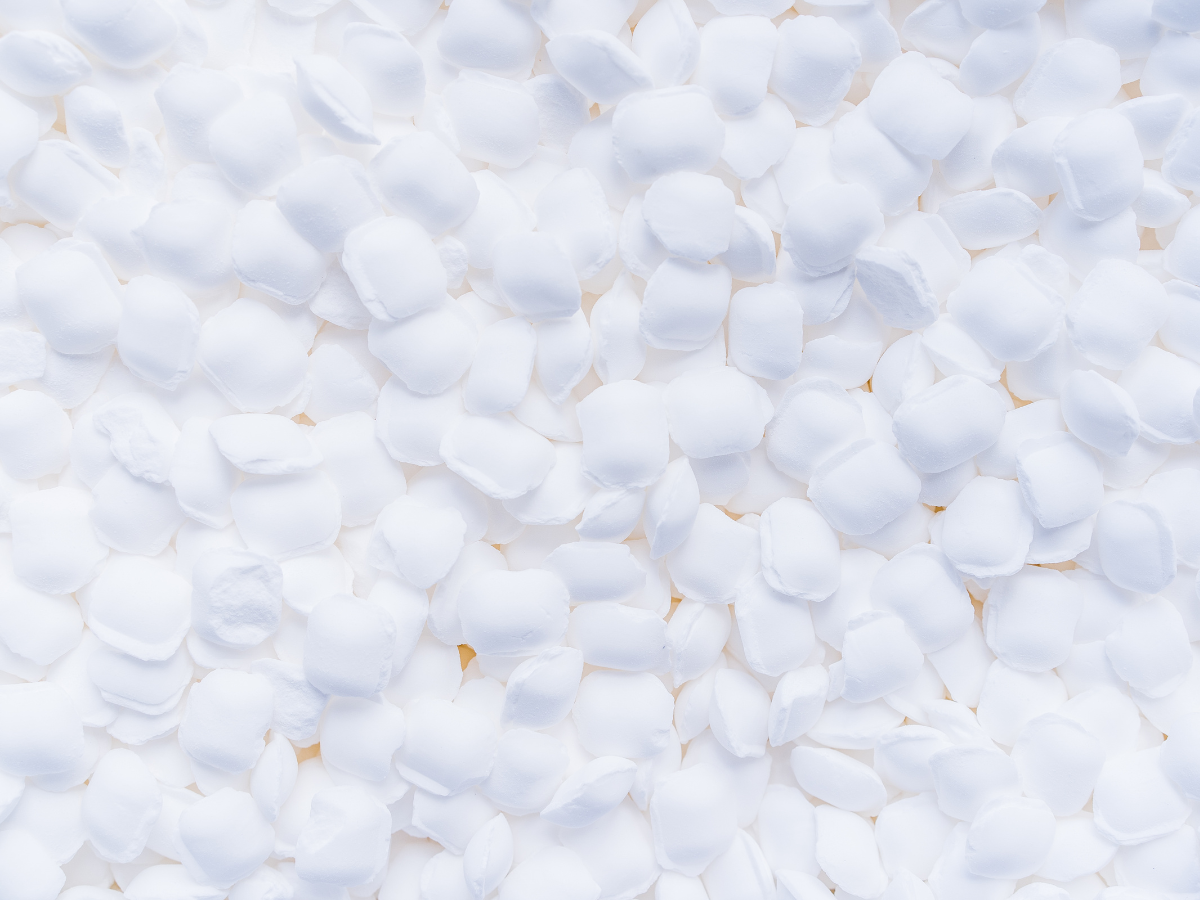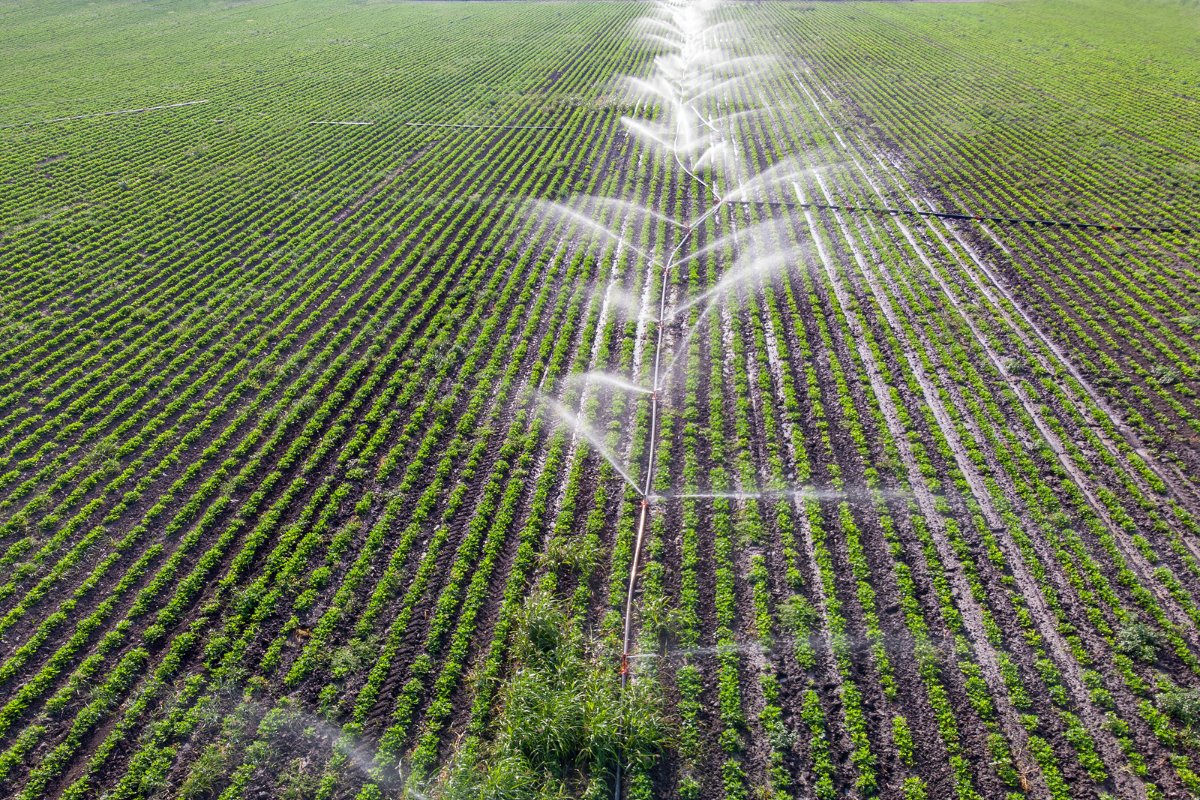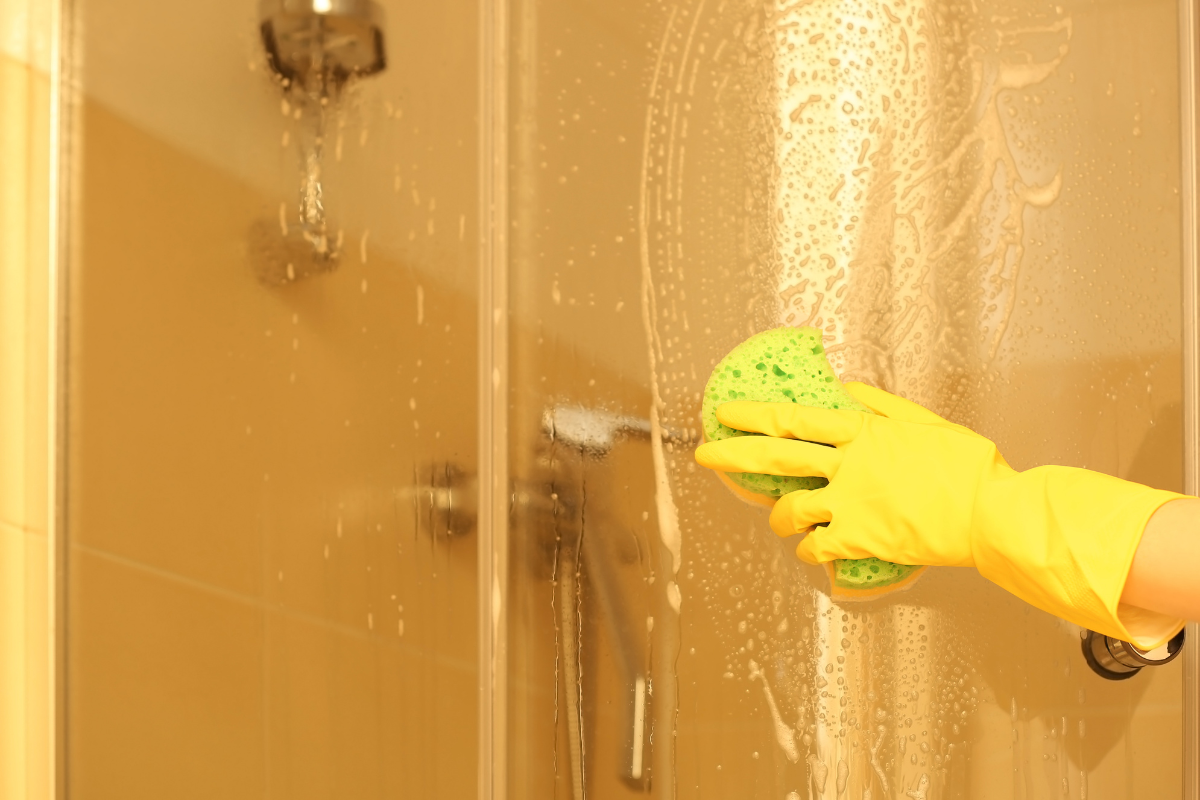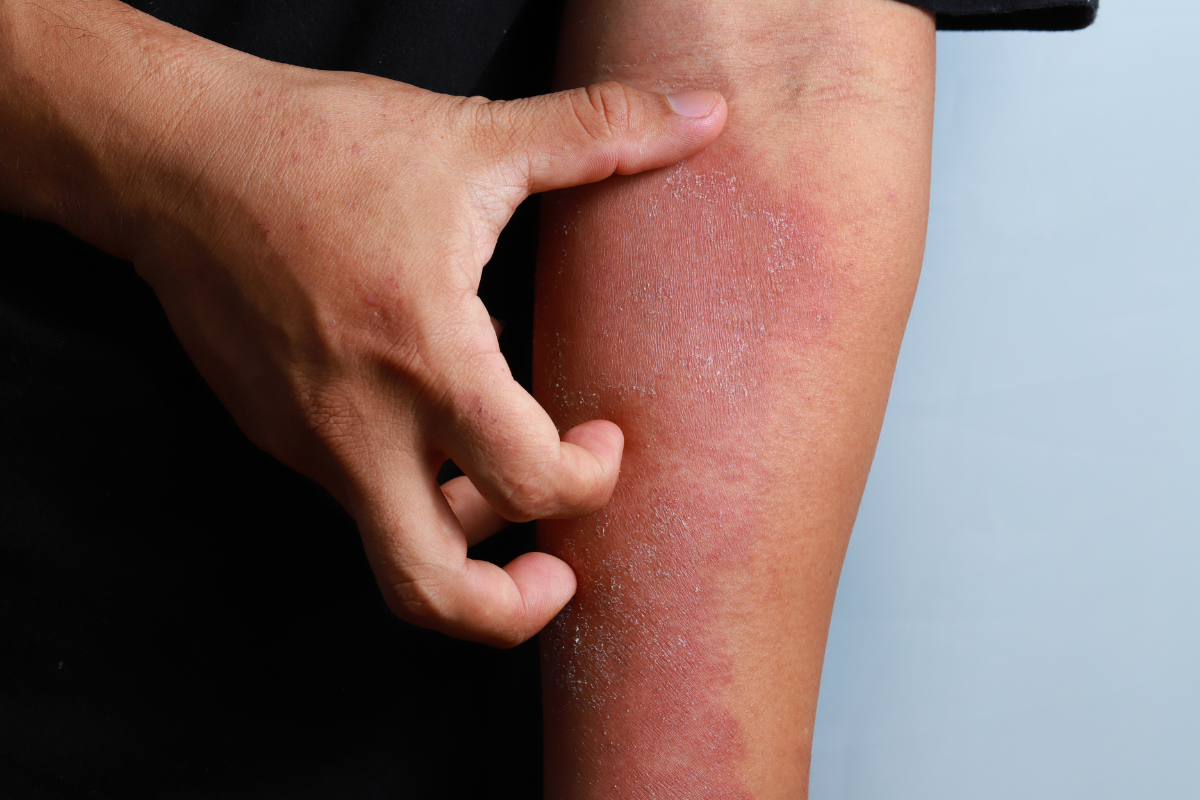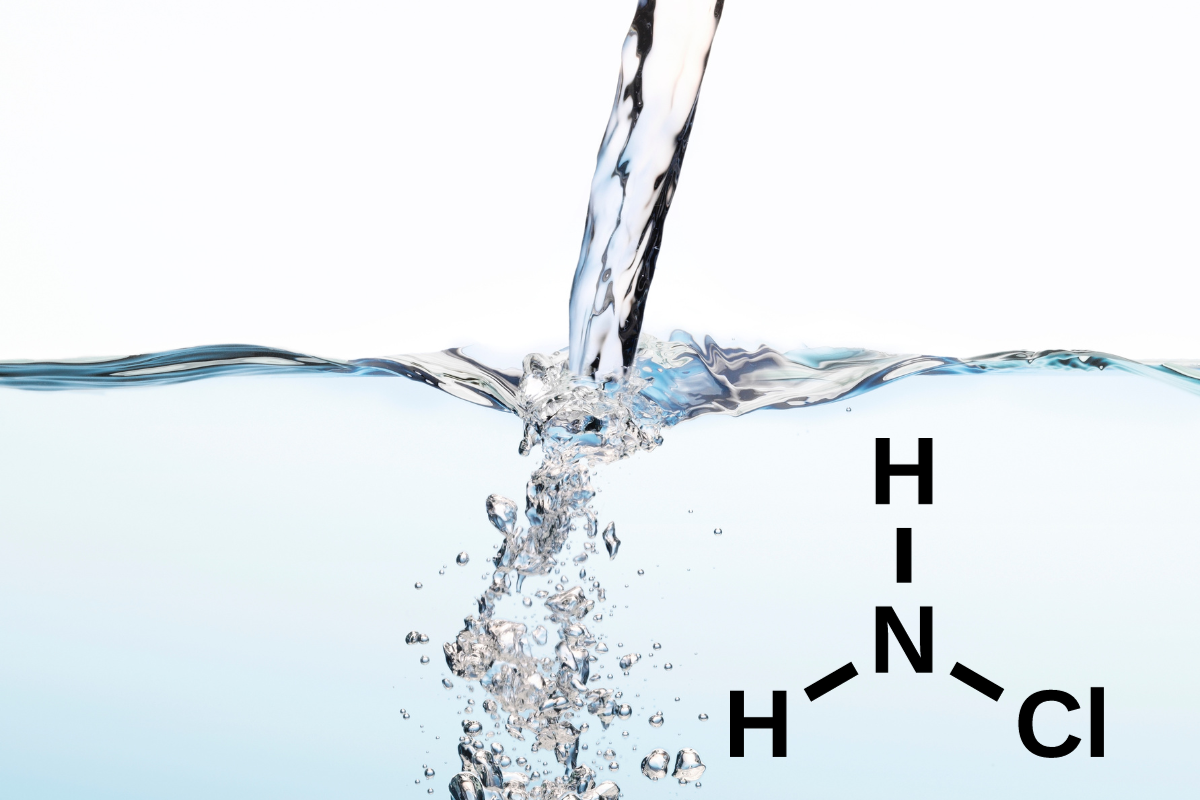Do you need a UV purification system
Do You Need a UV Water Purification System?

Ultra-violet (UV) water purification has emerged as an effective, chemical-free means of purifying your home’s water supply. But how, exactly, do UV water purifiers work? And how is it different from other water filtration systems? Read our article to find out more.
The Science Behind UV Filtration
Ultraviolet is a form of electromagnetic (EM) radiation that operates at a wavelength undetectable by the human eye. You have likely heard the term before in the context of sunscreen.
Ultraviolet makes up only around ten percent of the sun’s EM radiation output, but it can have a profound effect on our skin, eyes, and other body processes. In minimal doses, UV light is beneficial, even necessary. Sun exposure is critical in maintaining optimal levels of vitamin D, for example.
On the other hand, prolonged exposure to UV rays can cause significant damage to the skin and eyes. This occurs due to a variety of mechanisms, but namely due to UV’s ability to directly and indirectly impair DNA.
One example of direct interference involves the creation of “dimers” between the chemical compounds along the DNA helix. Correct pairing of the DNA base compounds should occur across the ladder between complementary bases. Cytosine bonds to guanine, and thymine to adenine. UV-B light can cause base pairing between the same chemical compounds (thymine-thymine, e.g.) on the same side of the ladder, creating a bulge and ultimately a break in the helix.
Ultraviolet’s ability to disrupt DNA in this way extends to microorganisms as well. UV water purification systems harness this ability and target it toward harmful bacteria, fungi, algae and other organisms that could cause illness if left to multiply.
How Does the UV Water System Work?
UV purification utilizes a specific sub wave of ultraviolet called UV-C (between 200 and 250 nm wavelength). This is an effective wavelength to deactivate the majority of disease-causing organisms in your home’s water supply.
What Organisms Does UV Purification Deactivate?
The UV system consists of a lamp that emits UV-C rays. This is encased in a quartz glass sleeve to protect it from the water but allow for direct exposure of the rays during purification. The whole system is enclosed in a small metal chamber that is secured with O-rings.
Remember that UV water filtration does not remove organisms, per se. Rather, it deactivates them on a cellular level so they cannot harm you when ingested. Examples of harmful organisms that the UV-C in a standard UV water purification system can deactivate include:
- Salmonella
- Streptococcus
- E. Coli
- Cholera
- Dysentery bacilli
- Mycobacterium tuberculosis
- Giardia
- Cryptosporidium
- Certain viruses, such as Hep B
- Algae
- Fungi
Is UV Filtration Safe?
We have just discussed how damaging UV radiation can be for both humans and microorganisms. You may be wondering, then, if UV water filtration is safe.
The answer is: yes, UV water filtration is perfectly safe, provided you do not look at or touch the lamp while it is on for extended periods of time (and there is really no reason you should ever need to do this). UV purification is arguably safer than chemical filtration, which uses chlorine and other hazardous chemicals that require larger equipment, higher maintenance, and can ultimately change the taste of your drinking water.
UV water treatment, on the other hand, requires little equipment and zero added chemicals. It is so effective, in fact, that many municipal wastewater facilities are employing this method in lieu of traditional chlorination, which is expensive to maintain and requires continuous expert oversight. UV-C treatment of the water also eliminates dangerous by-products caused by the chemical reaction of chlorine with certain waste materials.
UV Purification Efficacy vs Reverse Osmosis Filtration
UV purification does have certain drawbacks. It requires electricity to run, meaning it will not work during a power outage. The lamp will also heat your water when it is sitting idly in the chamber, which may not be desirable. Finally, UV purification systems do not remove particles from the water. They deactivate harmful organisms, but you will need additional filtration to remove hard water and other particles.
On the other hand, reverse osmosis systems may be more effective at removing particles, but they are less effective at deactivating bacteria and other organisms.
The best whole home water filtration systems utilize both a reverse osmosis process and a UV purifier. Your water professional can discuss whether or not this is right for your home.
UV Water Filtration Colorado
If you are ready to update your home’s water filtration system, contact Paul with the Water Pros. UV water purification may not be right for everyone, but Paul will discuss all available options to help you and your family attain the highest quality water for your needs. Call or go online today to get started.
